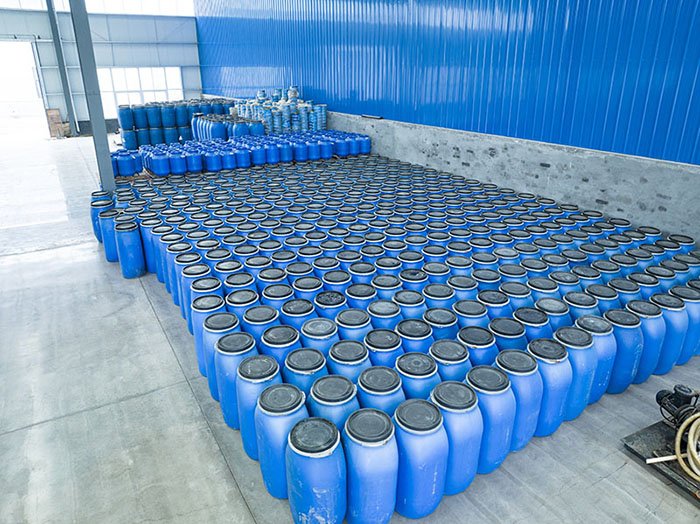The sensitivity of asphalt emulsifiers to temperature is mainly reflected in the temperature control during their production and construction processes, as well as the temperature adaptability of emulsified asphalt. Asphalt emulsifiers need to be used within a specific temperature range to ensure emulsification effectiveness and construction performance.
1. Temperature for the use of emulsifiers
The temperature of the aqueous solution of asphalt emulsifiers BH-Z1 and BH-Z2 is usually controlled at 60-70 ℃. Within this temperature range, emulsifiers can fully exert their emulsifying effect, ensuring the quality of emulsified asphalt.
2. Temperature adaptability of emulsified asphalt
Emulsified asphalt can be applied normally within a wide temperature range (-30 ° C~140 ° C) without flowing or cracking due to high temperature or low temperature. This good temperature adaptability enables emulsified asphalt to be used under various climatic conditions, improving construction efficiency and overall road strength.
3. The Effect of Temperature on the Performance of Emulsified Asphalt
Temperature not only affects the production and construction of emulsified asphalt, but also directly affects its performance. For example, the viscosity and plasticity of emulsified asphalt will change with temperature fluctuations. When the temperature increases, the viscous flow of emulsified asphalt is enhanced; When the temperature decreases, it gradually solidifies into a solid state, and even becomes hard and brittle.
In summary, the sensitivity of asphalt emulsifiers to temperature is an aspect that requires special attention in their production and construction processes. By controlling the temperature of emulsifier use and considering the temperature adaptability of emulsified asphalt, the quality and construction effect of emulsified asphalt can be ensured.


